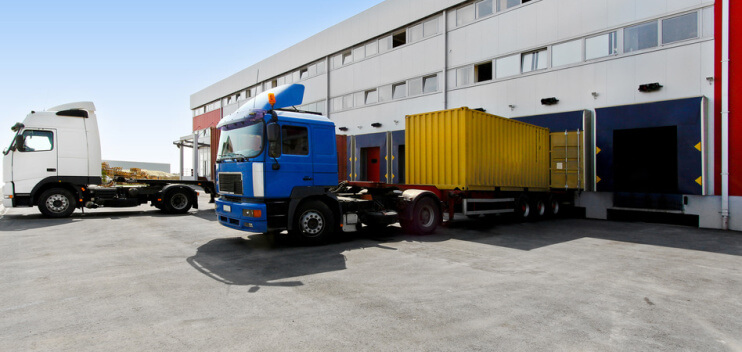The future will differ from the past Major downturns in business activity are when the ‘deck of cards’ of industry get reshuffled. So, what strategies will be in place for your organisation’s supply chains to respond? Developing a supply chain strategy for when the peak of the pandemic has passed will be a ‘clean sheet’ exercise. Typically, plans are designed … Read More
Protect your supply chains with a WH or DC risk plan
Planning for a ‘known unknown’ Your facilities are at risk of exposing people to the COVID-19 virus, resulting in the shutdown of a warehouse (WH) or distribution centre (DC). Rather than just responding when the event happens, develop your WH/DC risk management plan, to reduce the likelihood of a disruptive event happening and if it does, lessen the consequences. Factors … Read More
Your supply chains and logistics after the disruption
Your supply chains may change Supply Chains is a term that at last has entered daily use, but it has taken a global emergency for that to happen. The question for supply chain professionals is whether your supply chains and logistics will need to change when commerce returns to ‘normal’, whenever that will be? When business is in a growth … Read More
Action steps to reduce risks in your supply network
A change in approach to risk While many supply chain professionals will express concern about risks in their supply network, not so many take action to gain some measure of understanding and control over the risks. Given the spread and unknowns associated with the COVID-19 virus, attitudes about risks may change. The previous blogpost discussed two foundation processes for Risk … Read More
Identify the Risks in your company’s supply network
Risk Management – an investment in future events Risks within supply chains are known to exist, but often organisations show little action to understand or address them. Somehow, it is hoped, an inconvenient incident will be overcome and business carries on, although maybe with financial wounds. There are three processes by which the performance of an organisation’s supply chain group … Read More





